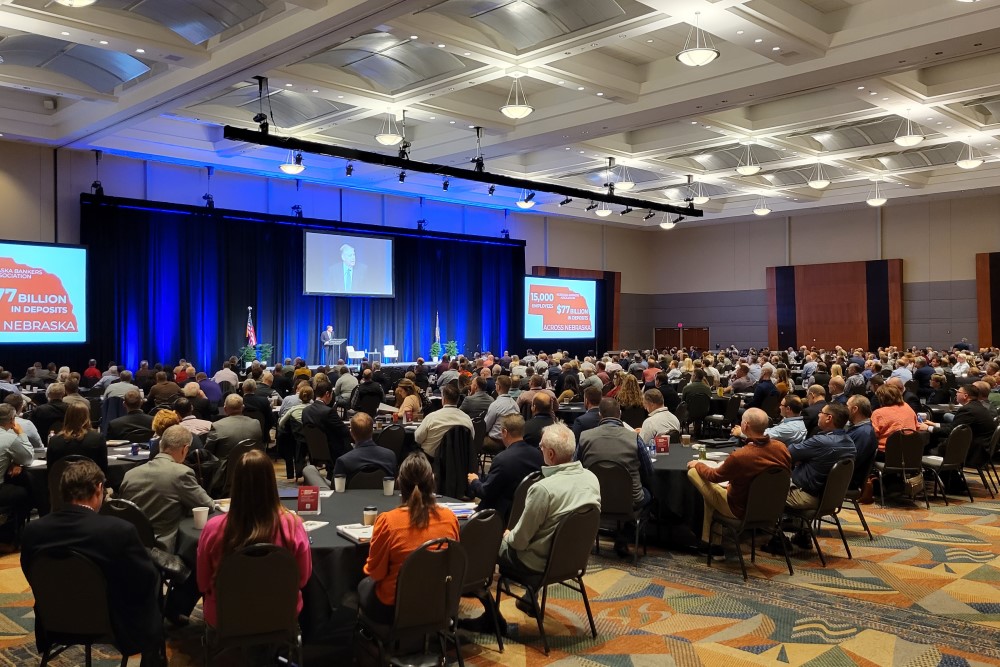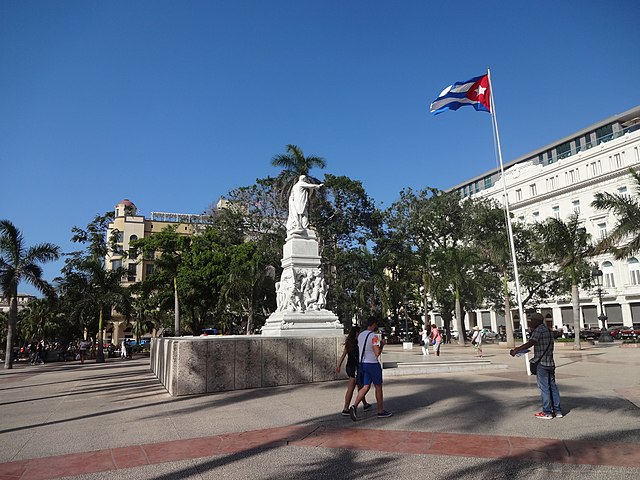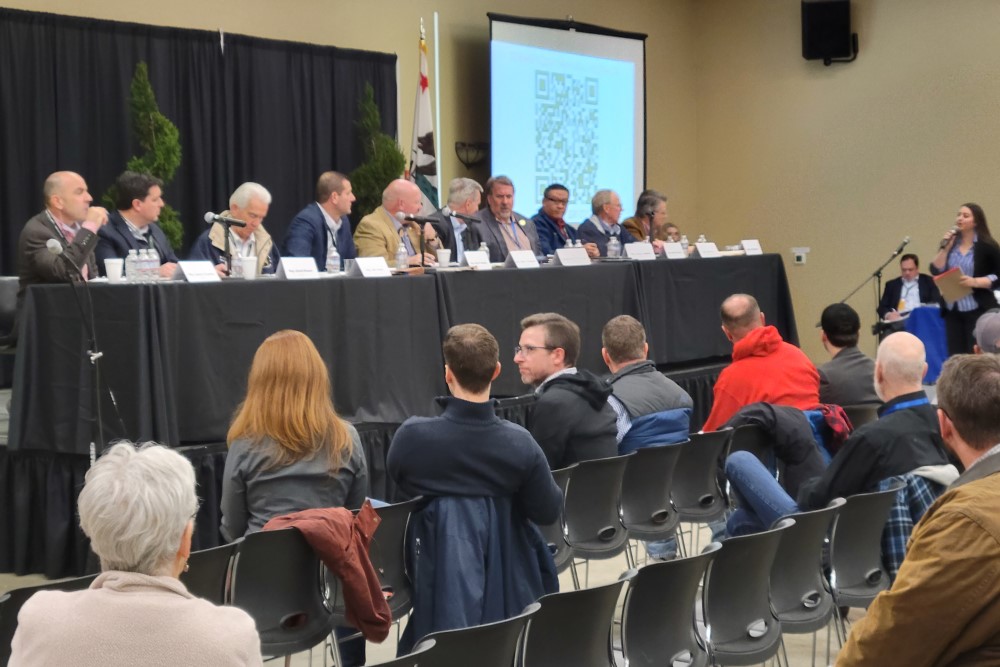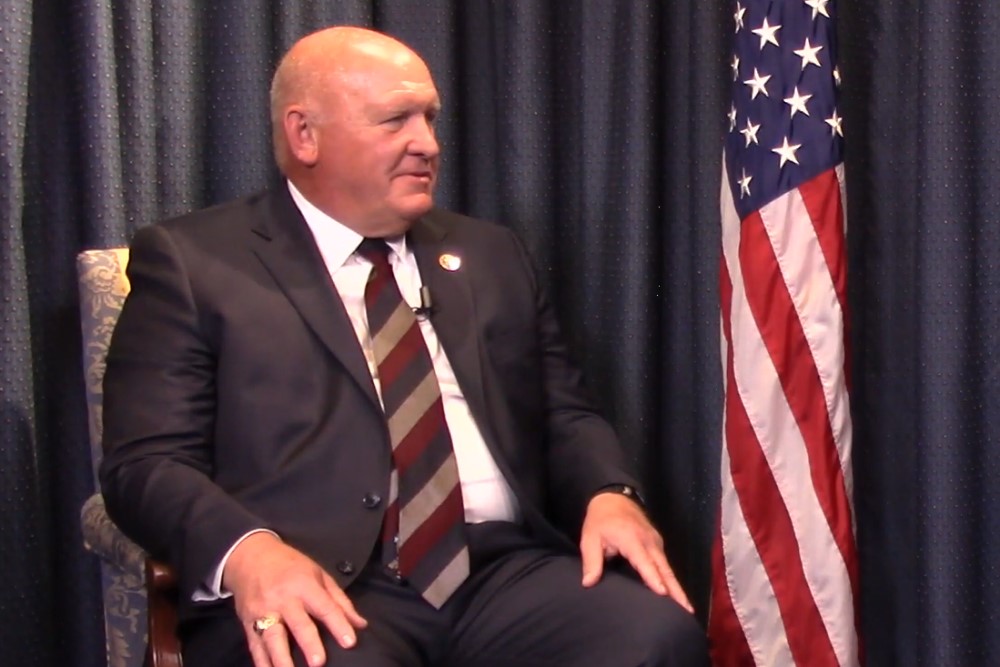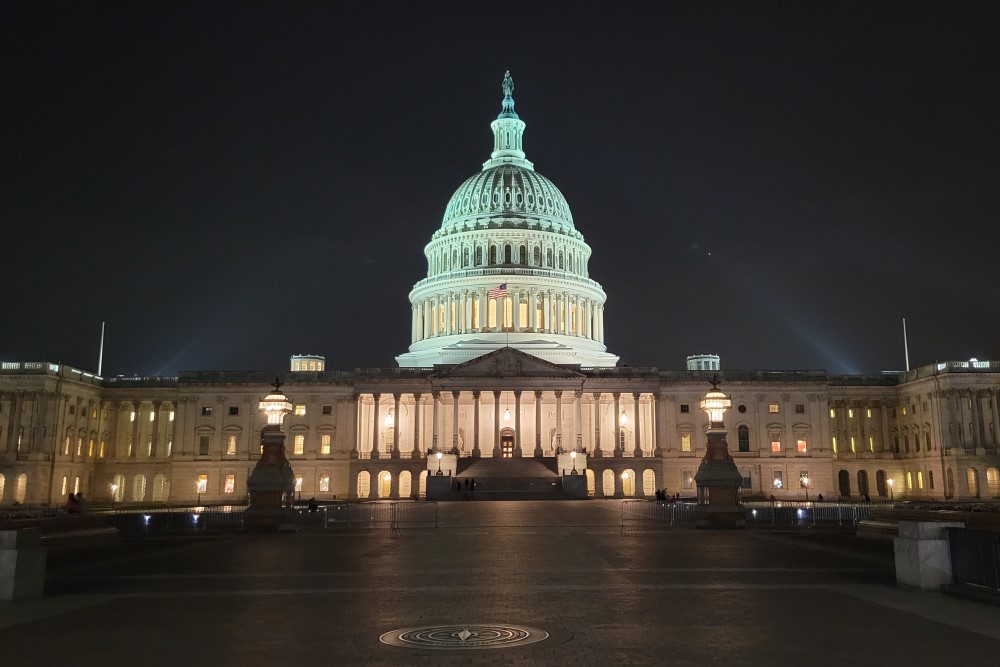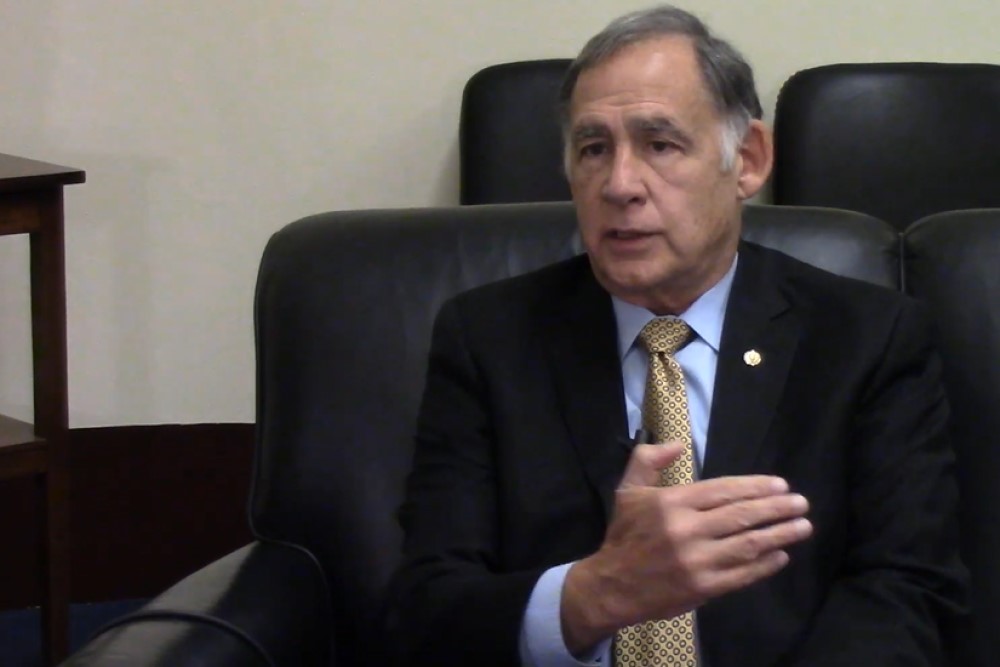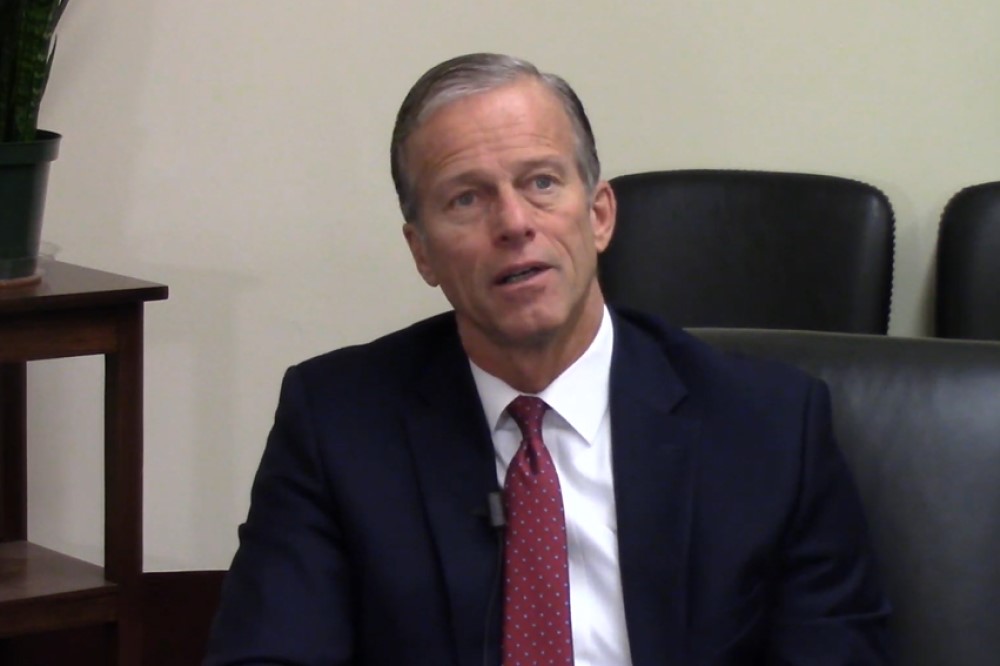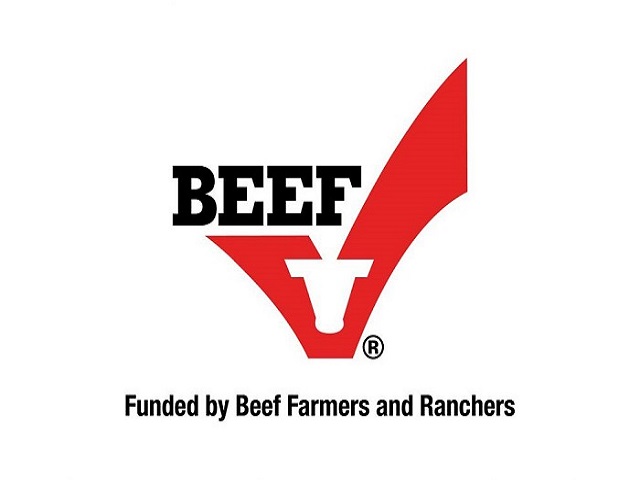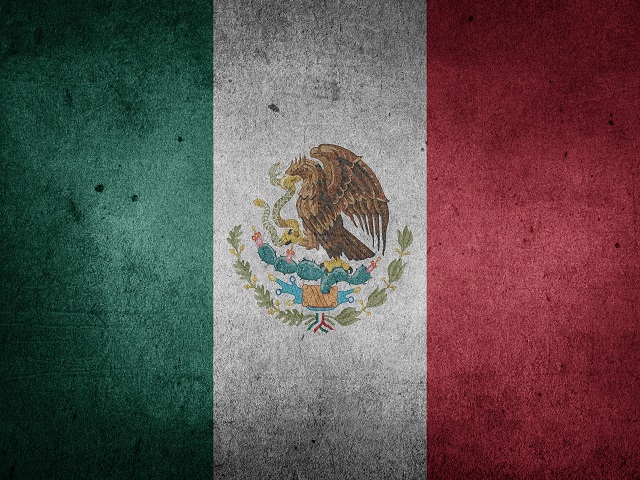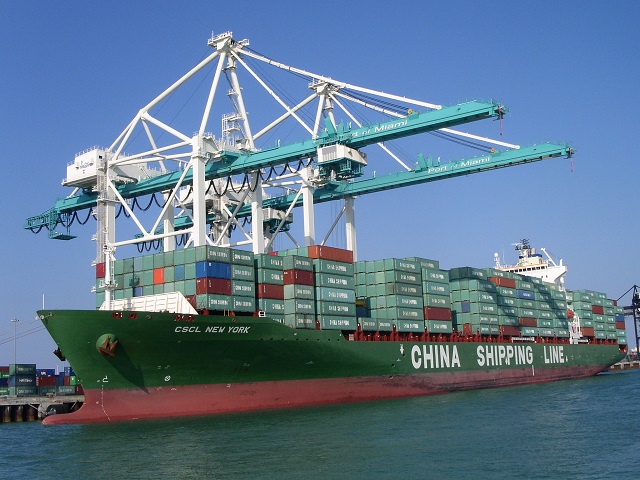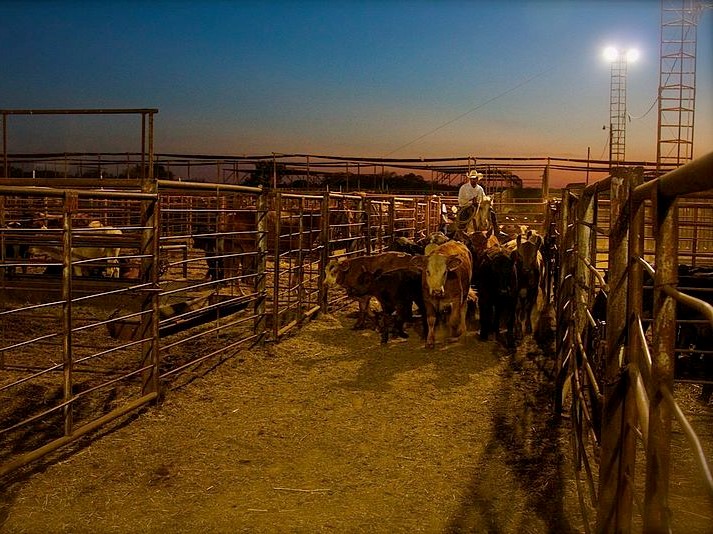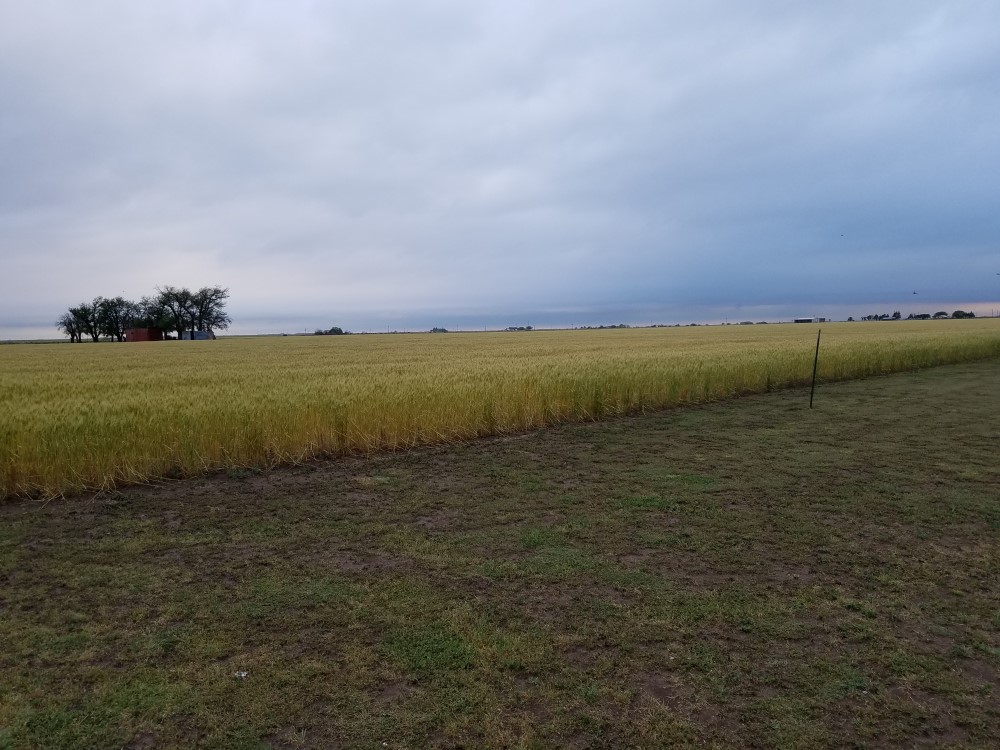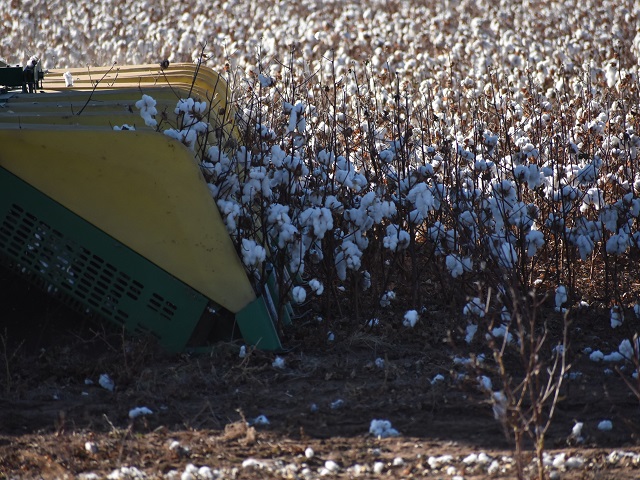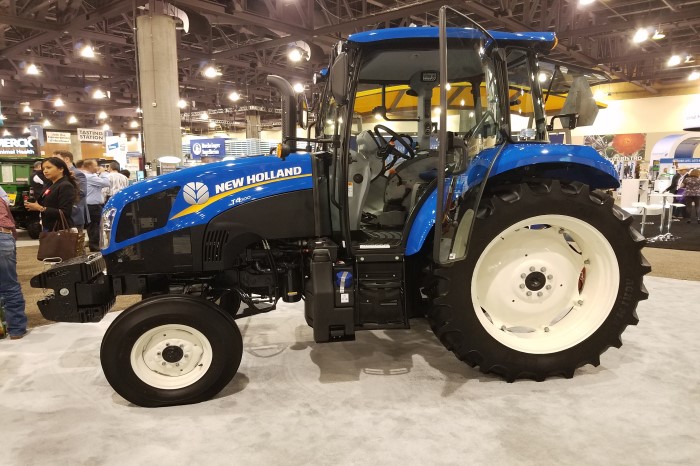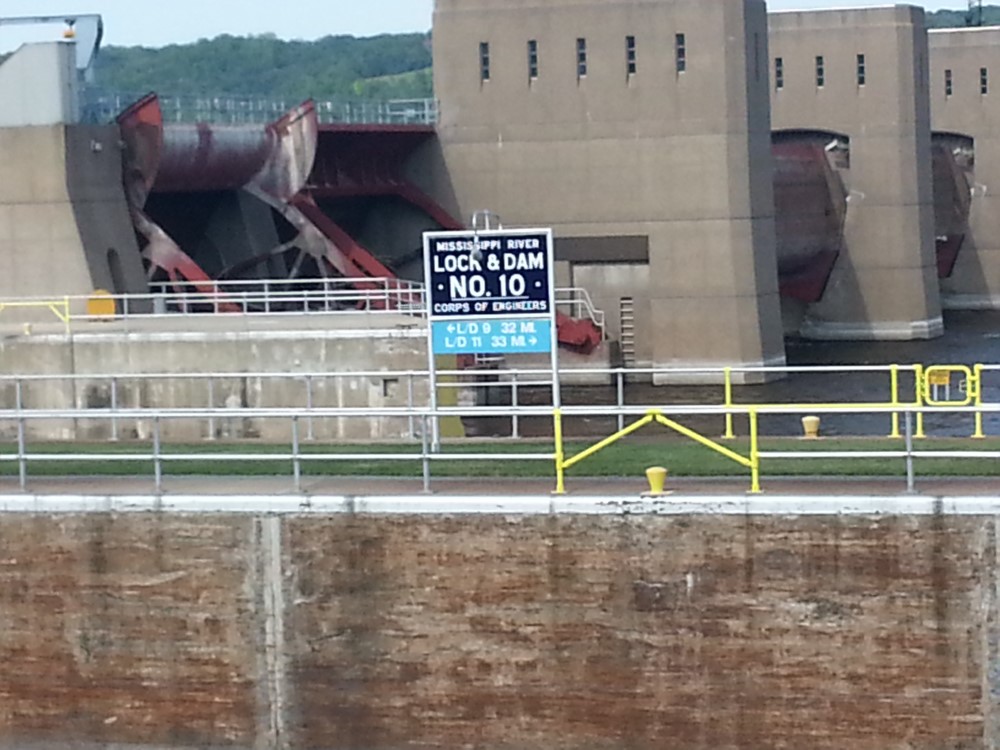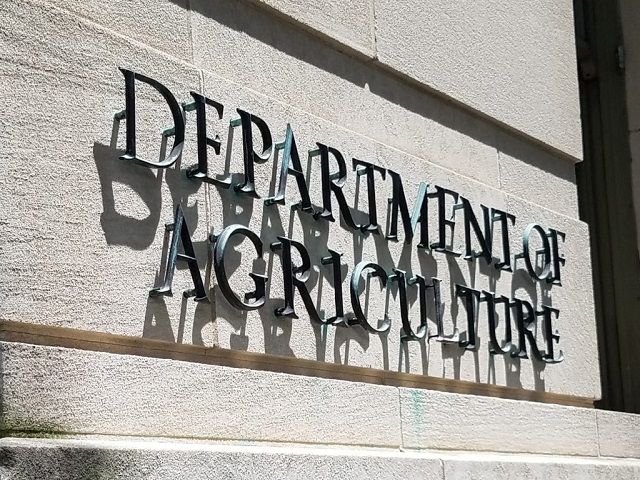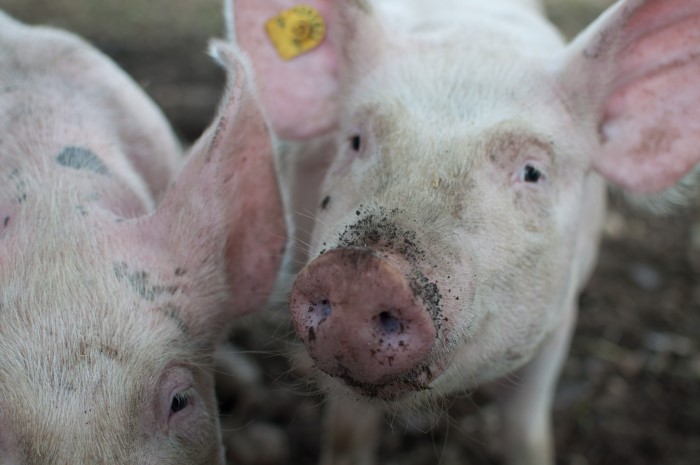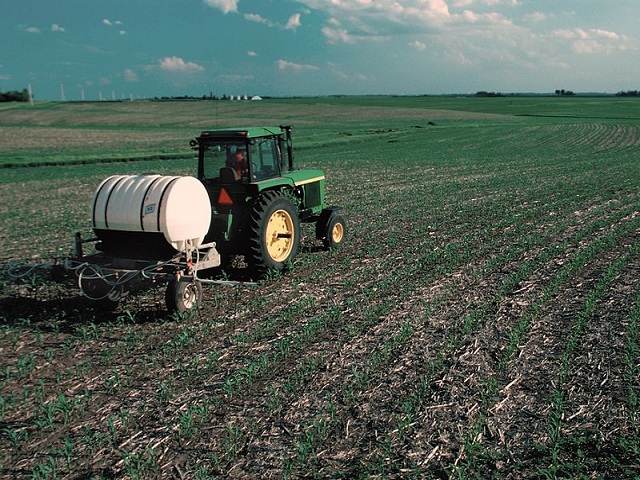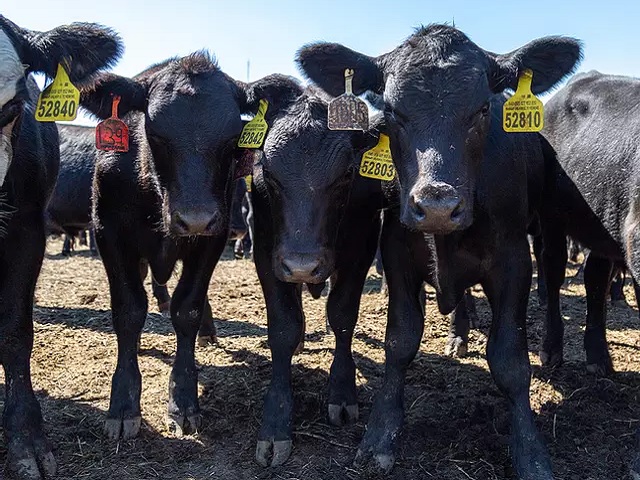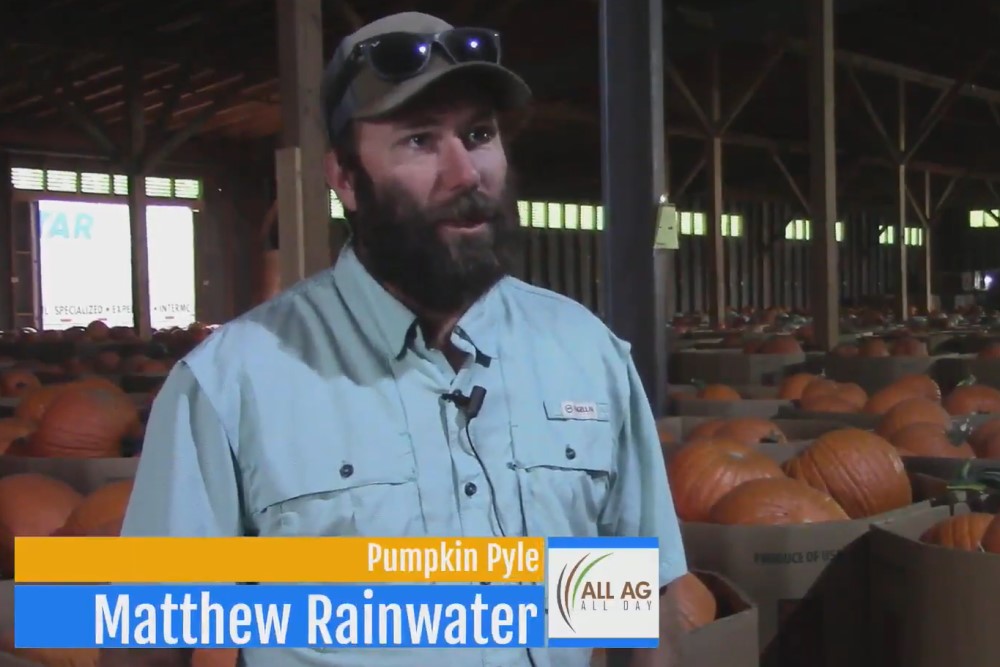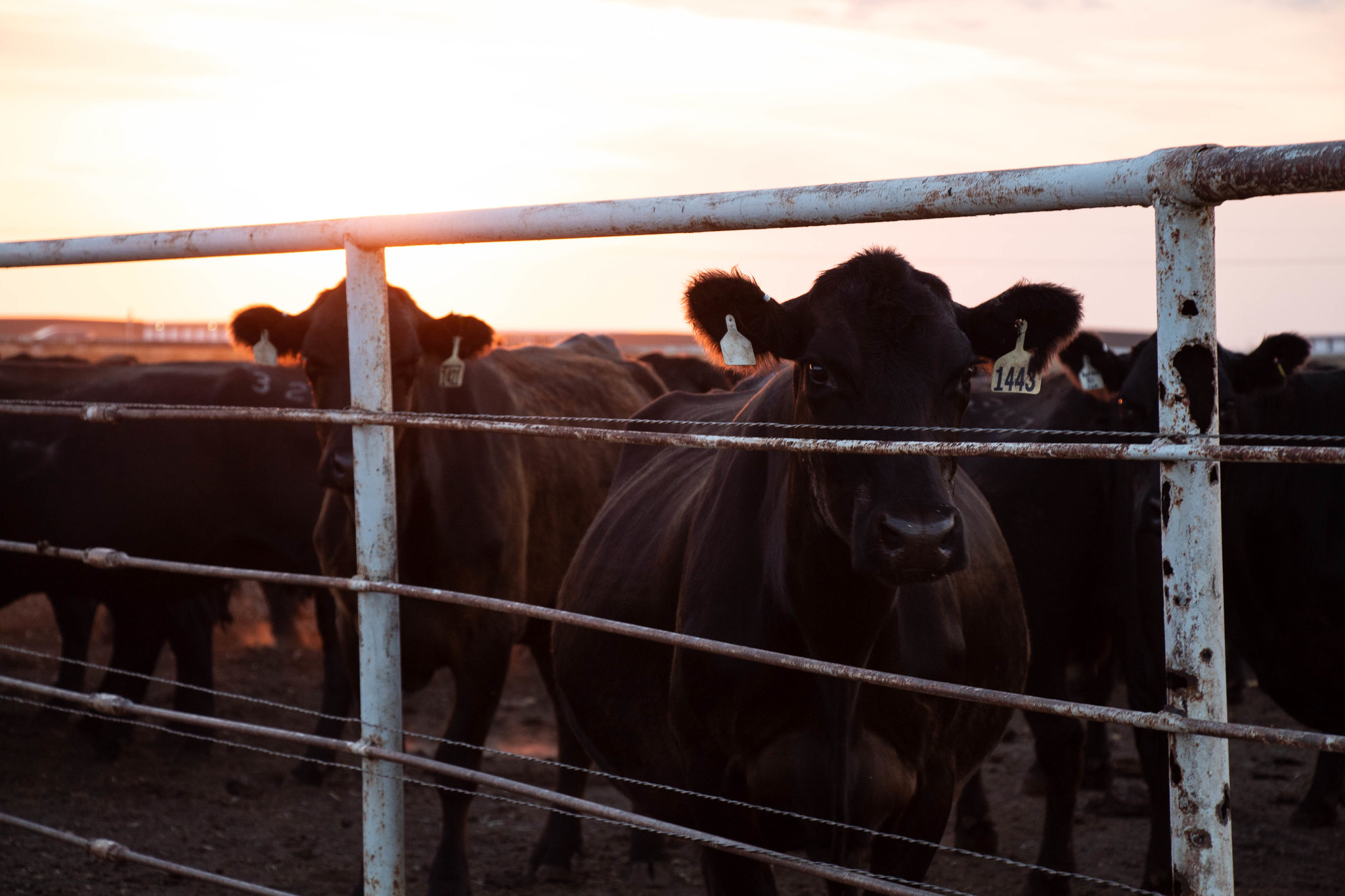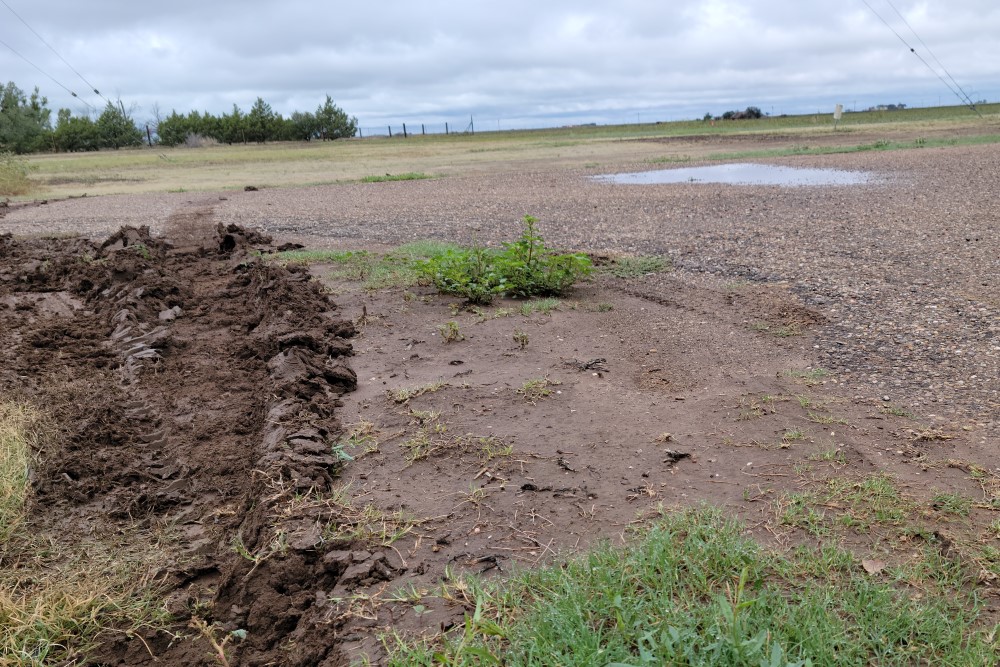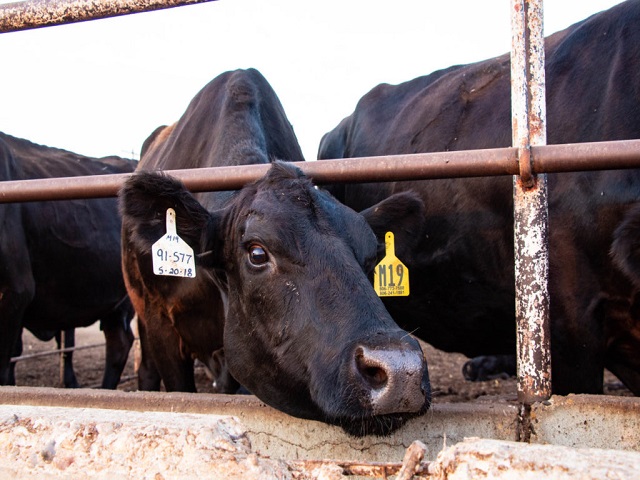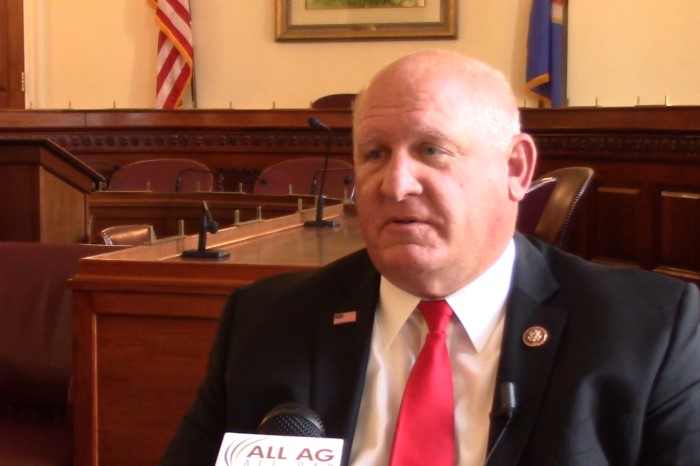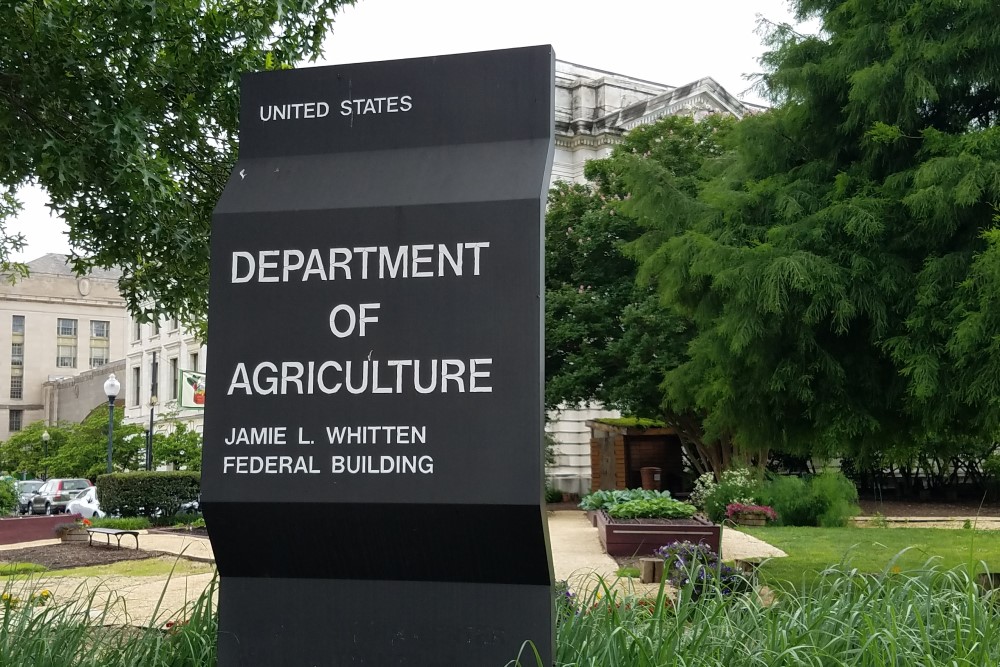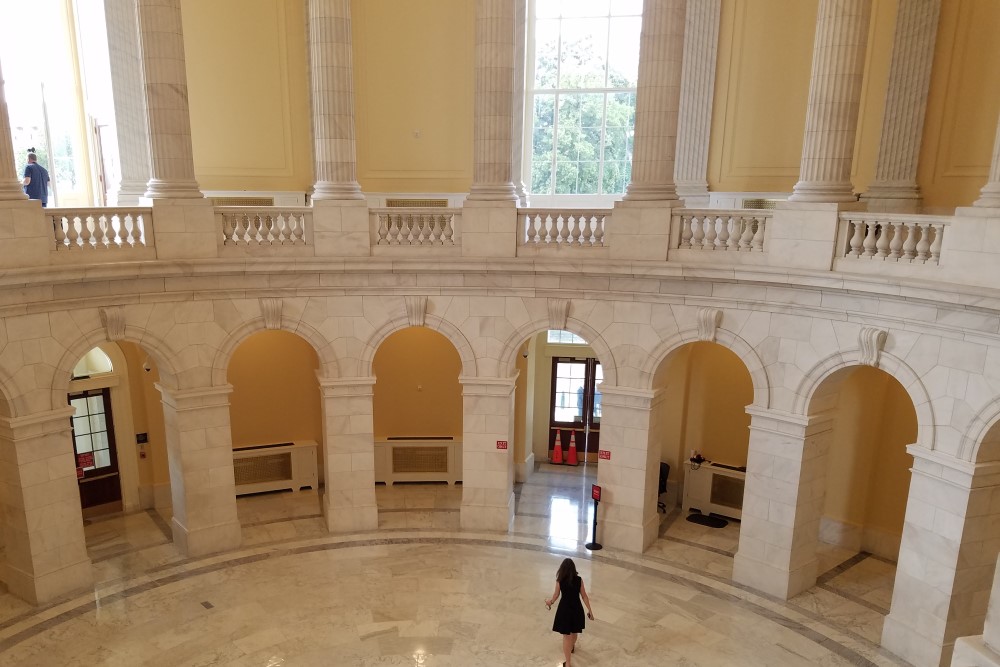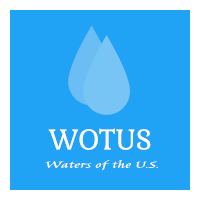Agriculture Cheers with EPA’s New Rule for WOTUS
WASHINGTON, DC – Regulatory certainty is the common theme of those reacting to the new and revised definition of Waters of the U.S. – also known as WOTUS. With the Navigable Waters Protection Rule, the Environmental Protection Agency (EPA) is delivering on President Trump’s promise to finalize a revised definition that protects the nation’s navigable waters from pollution and will result in economic growth across the country. “After decades of landowners relying on expensive attorneys to determine what water on their land may or may not fall under federal regulations,” EPA Administrator Andrew Wheeler said, “our new Navigable Waters Protection Rule strikes the proper balance between Washington and the states in managing land and water resources while protecting our nation’s navigable waters, and it does so within the authority Congress provided.” The revised definition identifies four clear categories of waters that are federally regulated under the Clean Water Act: the territorial seas and traditional navigable waters; perennial and intermittent tributaries; certain lakes, ponds, and impoundments; and wetlands that are adjacent to jurisdictional waters. This final action also details what waters are not subject to federal control, including features that only contain water in direct response to rainfall; groundwater; many ditches, including most farm and roadside ditches; prior converted cropland; farm and stock watering ponds; and waste treatment systems.




